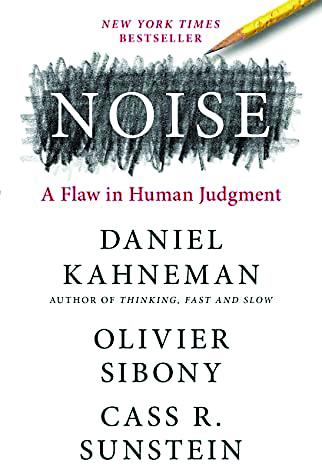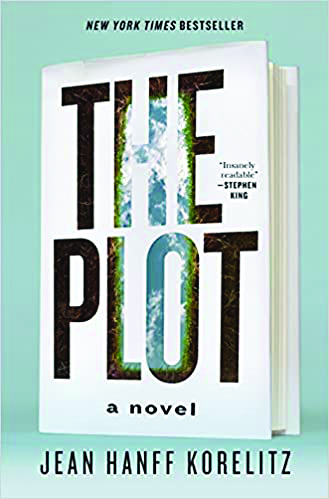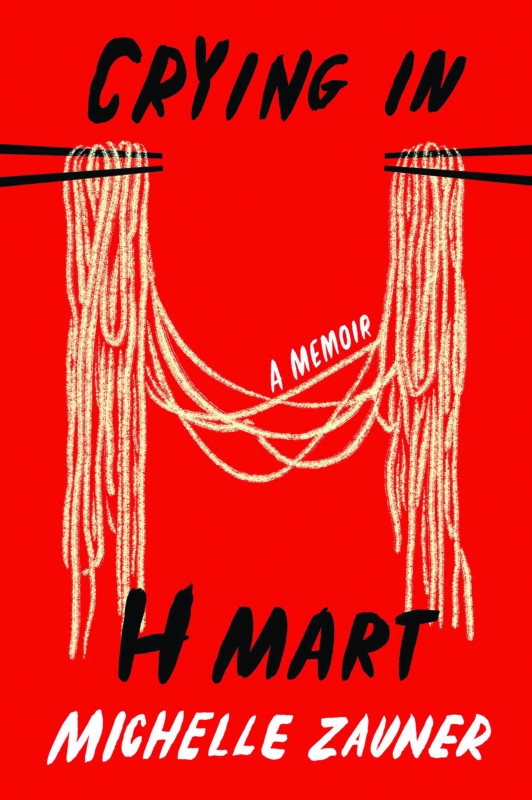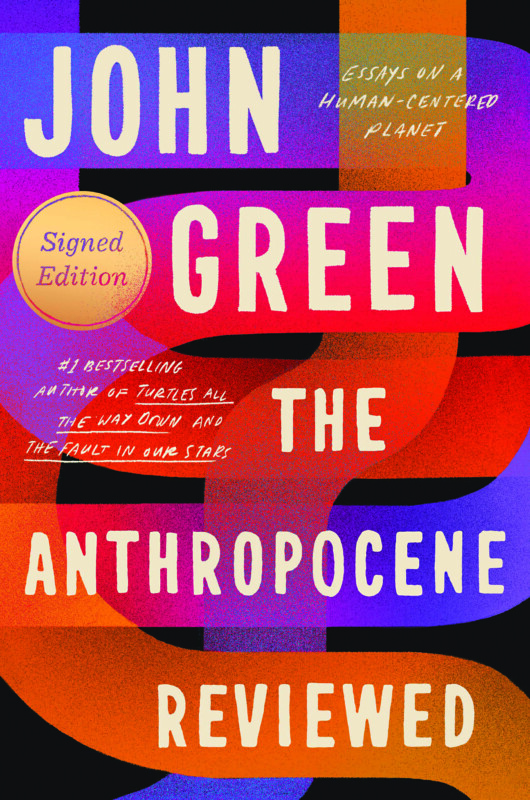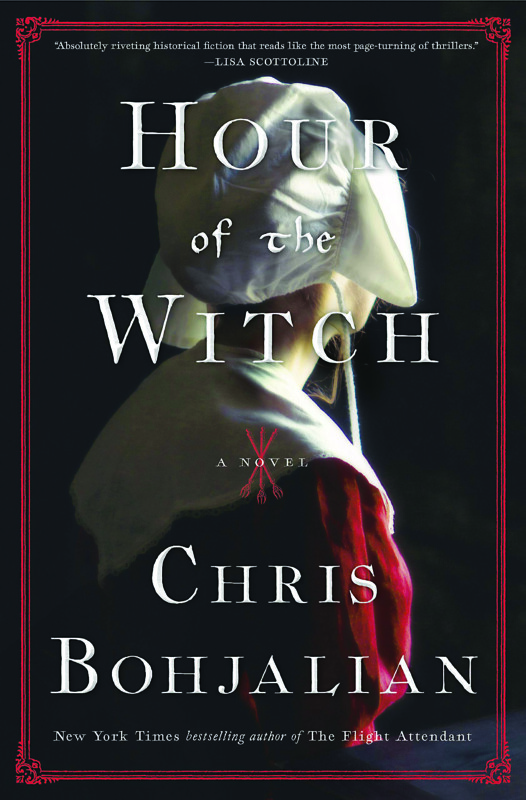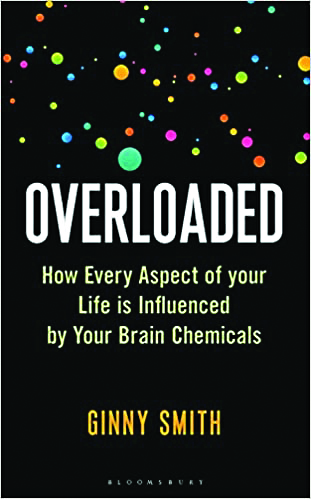Noise, by Daniel Kahneman, Olivier Sibony and Cass R. Sunstein (Little, Brown Spark, 398 pages)
Five years ago, writing in Harvard Business Review, the esteemed psychologist and economist Daniel Kahneman joined with a few other enviably smart people to discuss the concept of noise: not the kind your neighbors make while you’re trying to sleep, but the kind that clouds judgments, sometimes to devastating effect.
This kind of noise, as Kahneman describes it, is the wide variance in outcomes that we might think should be similar but instead are all over the map. One of the most obvious examples of this is in criminal justice, where one person might get a 20-year sentence for a crime, while another gets five years and community service. That makes the criminal justice system particularly noisy, in Kahneman terms.
But even if you don’t plan on going to jail, noise in human judgment probably affects you, as people such as doctors and loan officers also have wide discretion in their decisions. It’s not just unusual — it’s unnervingly common— for physicians to offer different diagnoses a few weeks apart when researchers present them with the exact same case.
And completely unrelated things such as whether people have eaten recently and whether their sports team won over the weekend can affect the decisions they make.
It’s an important subject and one worthy of consideration, more so if you’re in a noisy profession or at the mercy of one. And so fans of Kahneman, whose 2011 book Thinking, Fast and Slow was universally lauded, might be excited to delve into his latest, Noise, A Flaw in Human Judgment, written with Olivier Sibony and Cass Sunstein. Unfortunately, most of us would be better off just reading the Harvard Business Review article from 2016, which lays out the principles of noise without causing the reader unnecessary pain.
Noise is a scholarly book written for a scholarly audience that is at the forefront of the literary conversation only because Thinking, Fast and Slow was so well-received. Had this manuscript fallen into the hands of a publisher who knew nothing of the authors or their past credits, it would have been cut in half or, equally likely, still languish in the slush pile.
To their credit, the authors did try to simplify their subject for a mass audience. Or at least one of them did. You never know, with three authors, who is writing at any given point, and Noise is erratic in its understandability. You might say the book itself is noisy.
Some chapters read like AP psychology, others like an Ivy League dissertation. (Example: “You may have noticed that the decomposition of system noise into level noise and pattern noise follows the same logic as the error equation in the previous chapter, which decomposed error into bias and noise.”) Not that they didn’t give us warning. In the opening to the book, the authors suggest some readers might want to skip the first four parts of the book (there are six) and go straight to Part 5, essentially skipping half the book.
But people who do that will miss some of the book’s interesting content, including how the free-throw averages of NBA players have the wide variability of noise despite the hoop always being 10 feet away and the ball always weighing 22 ounces. That’s because the players are susceptible to the same lottery-like forces that we are in our daily lives. We are not the same people that we were 10 years ago, or even 10 minutes ago, because of variables such as mood, stress and fatigue. So decisions in ordinary life can be noisy as well, although they can rarely be documented as such.
So what to do about this problem? Kahneman, Sibony and Sunstein have some solutions. One is to adopt the social-science concept known as the “wisdom of crowds.” Researchers have shown that while individuals may not be great at guessing things, whether the number of gumballs in a glass bowl or the number of airports in the U.S., as a group we come close, when researchers combine individual guesses into an average or mean. Taking the average of four independent judgments can reduce noise by half, the authors write.
Outside a social-science lab, the best way to leverage this finding in our daily life is to get other people’s opinions (independent ones, not people with the proverbial dog in the fight) and make a decision that best represents the mean. If you don’t have time or inclination to consult others, social science has another solution: create an “inner crowd” by coming up with your own best guess, and then basically challenging your own decision: Assume your first decision is wrong and consider why. Then make a different decision, based on these reasons. Often, the best decision will lie in the space between your first and second choices.
That’s one strategy in creating a personal form of “decision hygiene,” which the authors suggest. But they write about a nebulous topic and concede that it’s nearly impossible to know how good decision hygiene helps. “Correcting a well-identified bias may at least give you a tangible sense of achieving something. But the procedures that reduce noise will not. They will, statistically, prevent many errors. Yet you will never know which errors. Noise is an invisible enemy, and preventing the assault of an invisible enemy can yield only an invisible victory.”
Like Kahneman’s previous work, for which he won a Nobel Prize in 2002, the theories put forth in Noise will be considered groundbreaking and this book will likely win awards that have nothing to do with its readability. Outside the academy, it’s a hard row to hoe, but there’s value in skimming. C
Book Notes
The 2020 Olympic Games, postponed because of the pandemic, kick off this weekend, but don’t feel too sorry for the athletes competing a year late and without spectators.
Things could be worse, and in fact have been, as you will learn in Total Olympics by Jeremy Fuchs (Workman, 336 pages), who promises to reveal “every obscure, hilarious, dramatic and inspiring tale worth knowing.”
The worst in recent memory has to be the 1972 Olympics, the year of the Munich massacre. But in terms of sheer hassle and inconvenience for the athletes, consider 1948, when London finally got around to holding the 1944 games (canceled because of the war). The city was so spent and countries were so broke that this was dubbed the “Austerity Games” with athletes making their own uniforms and bringing their own food. But they pulled it off and let it be known that a Dutch mother of two won four gold medals in track and field and became known internationally as “the Flying Housewife.” It looks to be an entertaining read between commercials.
For a narrower look, specific to track-and-field athletes, check out The Fastest Men on Earth by Neil Duncanson (Welbeck, 384 pages). It’s a new paperback that tells the stories of 25 Olympic sprinters, including superstar Usain Bolt.
Also worth a look: Olympic Pride, American Prejudice by Deborah Riley Draper and Travis Thrasher (Atria, 400 pages), billed as “the untold story of 18 African Americans who defied Jim Crow and Adolf Hitler to compete in the 1936 Berlin Olympics.” The hardcover edition came out last year; a paperback will be issued in September.
And for those of you with zero interest in the Olympics, celebrated science writer Sam Kean has a new book out this month. The Icepick Surgeon (Little, Brown and Co., 369 pages) is an entertaining, if deeply disturbing, look at rogue scientists throughout the ages. An introductory quote by Dr. Thomas Rivers sets it up nicely: “All I can say is, it’s against the law to do many things, but the law winks when a reputable man wants to do a scientific experiment.”
Books
Author events
• JOYCE MAYNARD Author presents Count the Ways. Toadstool Bookstore, 12 Depot Square, Peterborough. Sat., July 24, 11 a.m. Visit toadbooks.com or call 924-3543.
• GIGI GEORGES Author presents Downeast: Five Maine Girls and the Unseen Story of Rural America. Toadstool Bookstore, Somerset Plaza, 375 Amherst St., Route 101A, Nashua. Sat., July 24, 2 to 4 p.m. Visit toadbooks.com or call 673-1734.
• JESS KIMBALL Author presents My Pseudo-College Experience. Virtual event, hosted by Toadstool Bookstores, located in Nashua, Peterborough and Keene. Tues., July 27, 6 to 7 p.m. Visit toadbooks.com or call 673-1734.
• CATHLEEN ELLE Author presents Shattered Together. Virtual event, hosted by Toadstool Bookstores, located in Nashua, Peterborough and Keene. Thurs., July 29, 6 p.m. Visit toadbooks.com or call 673-1734.
• KATE SHAFFER & DEREK BISSONNETTE Authors present The Maine Farm Table Cookbook. Outside the Music Hall Historic Theater, 28 Chestnut St., Portsmouth. Thurs., Aug. 12, 6 p.m. Tickets cost $60 for a small table (two people), $120 for a medium table (four people), $180 for a large table (six people). Visit themusichall.org or call 436-2400.
• MONA AWAD Author presents All’s Well. The Music Hall Historic Theater, 28 Chestnut St., Portsmouth. Thurs., Sept. 2, 7 p.m. Tickets cost $13.75. Visit themusichall.org or call 436-2400.
Poetry
• DOWN CELLAR POETRY SALON Poetry event series presented by the Poetry Society of New Hampshire. Monthly. First Sunday. Visit poetrysocietynh.wordpress.com.
• SLAM FREE OR DIE Series of open mic nights for poets and spoken-word artists. Stark Tavern, 500 N. Commercial St., Manchester. Weekly. Thursday, doors open and sign-ups beginning at 7 p.m., open mic at 8 p.m. The series also features several poetry slams every month. Events are open to all ages. Cover charge of $3 to $5 at the door, which can be paid with cash or by Venmo. Visit facebook.com/slamfreeordie, e-mail slamfreeordie@gmail.com or call 858-3286.
Book Clubs
• BOOKERY Online. Monthly. Third Thursday, 6 p.m. Bookstore based in Manchester. Visit bookerymht.com/online-book-club or call 836-6600.
• GIBSON’S BOOKSTORE Online, via Zoom. Monthly. First Monday, 5:30 p.m. Bookstore based in Concord. Visit gibsonsbookstore.com/gibsons-book-club-2020-2021 or call 224-0562.
• TO SHARE BREWING CO. 720 Union St., Manchester. Monthly. Second Thursday, 6 p.m. RSVP required. Visit tosharebrewing.com or call 836-6947.
• GOFFSTOWN PUBLIC LIBRARY 2 High St., Goffstown. Monthly. Third Wednesday, 1:30 p.m. Call 497-2102, email elizabethw@goffstownlibrary.com or visit goffstownlibrary.com
Featured photo: Noise.

